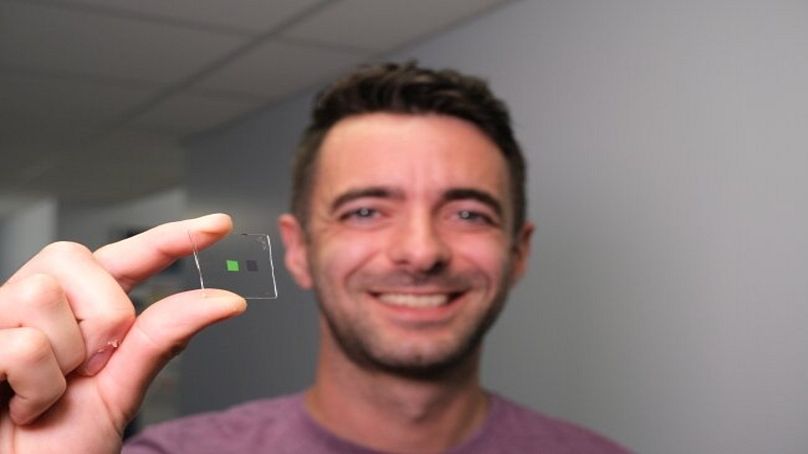Scottish engineers built a tiny taster that, like a human tongue, is able to distinguish between subtle differences in taste.
An artificial "tongue" developed by scientists could help in the battle against the trade in counterfeit whiskey.
Scottish engineers built a tiny taster that, like a human tongue, is able to distinguish between subtle differences in taste.
An investigation last year at a Scottish university found more than a third of vintage Scotch whiskies tested were fake.
Rare Whisky 101, a whiskey broker that sent the samples to be tested amid growing fears about the authenticity of high-value whiskeys, estimated there was £41 million (€44.4 million) worth of fake whiskey on the market that was being passed off as sought-after brands.
The team behind the artificial tongue described how using minuscule slices of gold and aluminium allowed them to create the "tastebuds" on the artificial tongue, in a paper published in the Royal Society of Chemistry’s journal "Nanoscale".
They poured samples of whiskey from Glenfiddich, Glen Marnoch and Laphroaig over the tastebuds, which are around 500 times smaller than those found on human tongues, and measured how they absorb light while submerged.
Statistical analysis of the differences in how much light was absorbed allowed the scientists to identify the different whiskeys with a rate of accuracy over 99%.
The tongue could also tell the difference between different ages of the same whiskey.
The paper's lead author, Dr Alasdair Clark from the University of Glasgow’s School of Engineering, said: “We call this an artificial tongue because it acts similarly to a human tongue – like us, it can’t identify the individual chemicals which make coffee taste different to apple juice but it can easily tell the difference between these complex chemical mixtures.
“We’re not the first researchers to make an artificial tongue, but we’re the first to make a single artificial tongue that uses two different types of nanoscale metal ‘tastebuds’, which provides more information about the ‘taste’ of each sample and allows a faster and more accurate response.”
He added that the technique could be used to taste virtually any other liquid.

